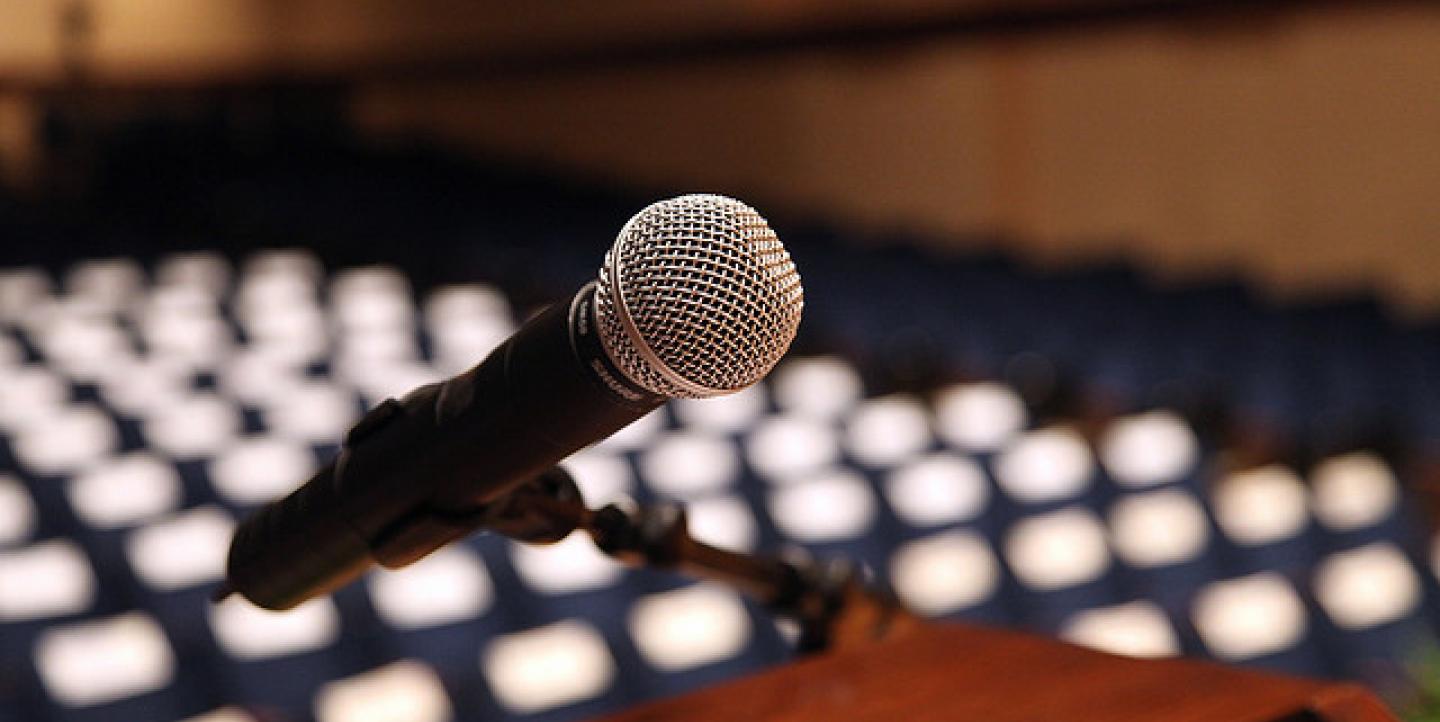Billionaire Donald Trump put media to the test when he ranted about Mexican immigrants during the July launch of his 2016 presidential campaign. “They are bringing drugs. They are bringing crime. They’re rapists,” said Trump, adding, “And some, I assume, are good people.”
The media quickly refuted Trump’s comments, citing studies and data that show there is no evidence that immigrants commit more crimes than native-born Americans.
Sorting out the fact from fiction is a challenge for journalists covering powerbrokers like Trump whose comments and observations make headlines.
How do we know when a public figure is lying or distorting information for personal or political gain? How do we decide what to believe? Who to trust? When it comes to fact-checking public figures, where do we start?
The Pulitzer Prize-winning site PolitiFact provides seven tips that should be part of every journalist’s tool chest.
In an August 2014 posting, editor Angie Drobnic Holan noted, “When we’re on the hunt for evidence, we use a checklist to make sure we don’t miss anything. While every fact-check is different, you can use the same techniques to ferret out facts and get to the truth.” Below is some of Holan’s advice:
Ask the person making the claim for evidence.
“We find that when people make factual statements, even if they’re speaking completely off the cuff, they will usually be able to tell you that they got the claim from somewhere. People tend not to make up statements out of thin air, even inaccurate ones.
“Consider the evidence you get from speakers as a tip sheet. Once you have it, you can look for other evidence that contradicts it or confirms it."
Look for what other fact-checkers have found before you.
“At PolitiFact, we check our archive of more than 8,000 fact-checks to see what we’ve written on a given topic. We also look at the work of our friends at Factcheck.org, the Washington Post’s Fact Checker, Snopes and other fact-checking sites -- and we credit appropriately. We will look at what they found and then verify the evidence for ourselves.”
Do a Google search -- and then search again.
“Don’t settle for typing in just one or two queries. Search using as many different combinations as you can. If we’re writing about something like climate change, we might search on "climate change," "global warming," "carbon emissions," "carbon capture," "electricity," "EPA regulations," and "cap and trade.
“Challenge yourself to learn how to use Google’s search operators so you can look by file type (file:pdf) or domain name (site:politifact.com). It takes a little time to learn Google’s advanced capabilities, but it’s well worth it.
Look for experts with different perspectives.
“Experts can point you to research you might not find on your own, and they often give important context to research you already found. Experts can often save you from making wrong assumptions about complicated topics.
“Make sure to ask experts to help you find more experts. Great questions to ask are, `Is there anyone whose opinion you respect that might disagree with you?’ or, `Is there anyone you would recommend who’s considered the authority on this issue?’
Anything else?
“Ask yourself these questions: `What else haven’t I looked at? Whom else could I talk to? What other angle should I be considering?’ Taking a break to think through the process can often unlock the door to the final, critical piece of information that will ensure fact-checking success.”
Africa Check, an organization that promotes accuracy in media, also offers advice on holding public figures accountable. They devised questions to help journalists assess the validity of information. Among them:
- Could they know what they claim to know? Is the information first-or second-hand, something they heard and believed?
- If there is data, where was it gathered? It is a favored trick of public figures to present information collected many years previously as if it were from today, and make no mention of dates.
- Was the sample large enough? Was it comprehensive?
- How was the data collected?
AfricaCheck advises, “Turn to data sources, experts and the crowd. ...Verifying public debate is not easy. The devil is, often, in the detail. To find it you need stamina and persistence.”
Deception expert Janine Driver has trained the Federal Bureau of Investigation and other government agents in how to spot lying. The following five tips can work just as well for journalists:
Start by observing how the person normally behaves.
- Listen carefully.
- Look for “hot spots”
- Ask follow-up questions
- Ask if they are telling the truth.
Driver suggests ending interviews with, “Did you tell me the truth when you answered all those questions?” She says she is looking for a simple yes or no; if they stammer around, it could indicate they were not forthcoming.
Image CC-licensed on Flickr via Tom Woodward


